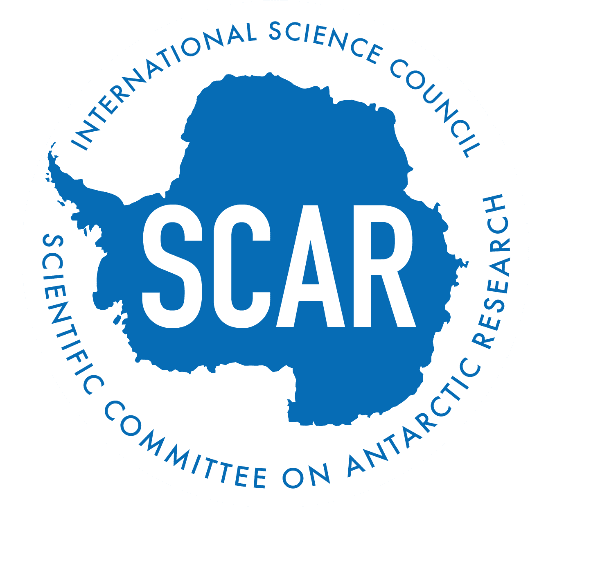
by Ria Olivier | Aug 11, 2021 | Antarctica, Research, SA Agulhas II, SANAP, Science
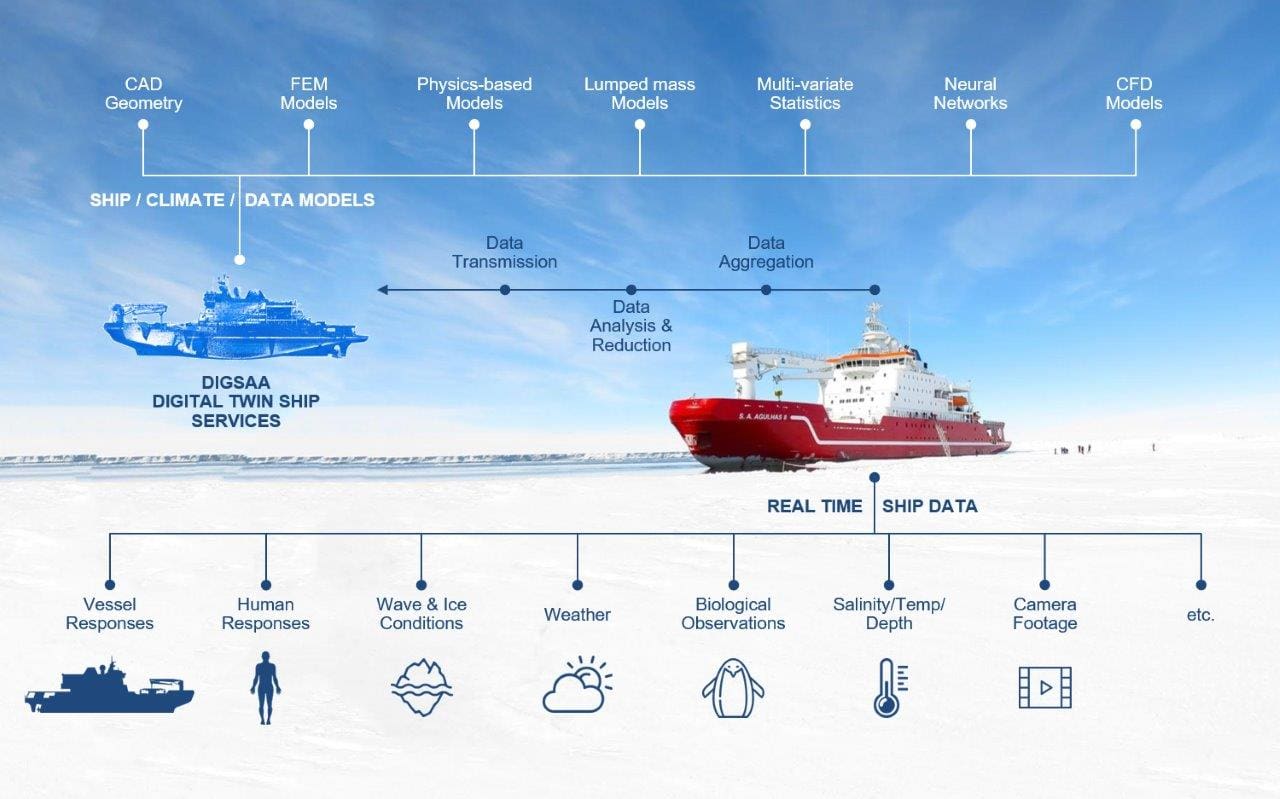 Industry 4.0 is the digital transformation of global industry. Digital twins pose to disrupt conventional business as they harness real-time data alongside a digitized representation of the state and behaviour of real assets to offer decision support. Sound and vibration research often entails multi-sensor measurements, signal processing and analytics providing an ideal training background to embrace the current innovation climate.
Industry 4.0 is the digital transformation of global industry. Digital twins pose to disrupt conventional business as they harness real-time data alongside a digitized representation of the state and behaviour of real assets to offer decision support. Sound and vibration research often entails multi-sensor measurements, signal processing and analytics providing an ideal training background to embrace the current innovation climate.
 Funding from the South African National Antarctic Programme, has boosted the group’s research to instigate the digital transformation of Africa’s only polar research vessel, the SA Agulhas II, to a “flagship for Vessel 4.0”. The full-scale measurement project – engineering measurements on the ship in operation – kicked off in 2012. SVRG collaborated in an international consortium including the Universities of Aalto and Oulo, Aker Arctic, Det Norske Veritas, Rolls Royce, Wärtsilä and STX Europe. The then, newly commissioned SA Agulhas II was put to the test during two days of ice-breaking operations in the Bay of Bothnia in Finland during ice-trails. Today, the SA Agulhas II is equipped with +200 engineering sensors to measure the ice and waves in the ship’s environment, the bending and twisting of her hull and the wellbeing of passengers.
Funding from the South African National Antarctic Programme, has boosted the group’s research to instigate the digital transformation of Africa’s only polar research vessel, the SA Agulhas II, to a “flagship for Vessel 4.0”. The full-scale measurement project – engineering measurements on the ship in operation – kicked off in 2012. SVRG collaborated in an international consortium including the Universities of Aalto and Oulo, Aker Arctic, Det Norske Veritas, Rolls Royce, Wärtsilä and STX Europe. The then, newly commissioned SA Agulhas II was put to the test during two days of ice-breaking operations in the Bay of Bothnia in Finland during ice-trails. Today, the SA Agulhas II is equipped with +200 engineering sensors to measure the ice and waves in the ship’s environment, the bending and twisting of her hull and the wellbeing of passengers.
Future work aims to leverage the unique advantage of scarce operational full-scale data by transpiring the SA Agulhas II as a digital asset, hinging off Maritime 4.0. The digital transformation of the SA Agulhas II will slave data and models to offer decision support to the ship owner (Department of Environment, Forestry and Fisheries) or Captain for smarter and safer ship ventures. In 2020, Digitization of the ship hull can contribute local climate data on local wave conditions and identify damage to the ship structure. Cyber-physical counterparts of seafarers are also being investigated to deliver crew insights for improved safety, propelling the SA Agulhas II to be an ice-breaker in the ambit of maritime digitization.
 Prof Annie Bekker is Principal Investigator on the “Digital Transformation of S.A. Agulhas II ” project funded by the National Research Foundation and hosted at Stellenbosch University in the Engineering Faculty. Meet the rest of the team of students currently busy with research. Read more on SWG website about the project and their publications and activities.
Prof Annie Bekker is Principal Investigator on the “Digital Transformation of S.A. Agulhas II ” project funded by the National Research Foundation and hosted at Stellenbosch University in the Engineering Faculty. Meet the rest of the team of students currently busy with research. Read more on SWG website about the project and their publications and activities.

by Ria Olivier | Jul 10, 2021 | Announcement, Marion Island, News, Newsletters>Marion Island Newsletters, Overwintering Team, SANAP, sub-Antarctic
In this edition:

- Meet the 78th Marion Island Overwintering Team (2021 – 2022)
- New killer whale calf
- Sealer, Frikkie van der Vyver, spot another Porbeagle shark on beach
- Midwinter 2021 celebration
- and more…
Click here to download this issue of The Wanderer.
Click here to view all The Wanderers (Marion Island newsletters) available on the ALSA Archive (since 1976).
Anché Louw, Antarctic Legacy of South Africa, 10 July 2021

by Ria Olivier | Jun 21, 2021 | Overwintering Team, SANAP

 MidWinter greetings to all South Africans involved in the South African National Antarctic Programme. Especially Happy MidWinter to current and past overwintering team members. Our best wishes to all other Antarctic countries. South Africa’s Overwintering Teams send their greetings from down South.
MidWinter greetings to all South Africans involved in the South African National Antarctic Programme. Especially Happy MidWinter to current and past overwintering team members. Our best wishes to all other Antarctic countries. South Africa’s Overwintering Teams send their greetings from down South.
 SANAE 60 from SANAE IV on ANtarctica
SANAE 60 from SANAE IV on ANtarctica
 MARION 78 at Marion Island
MARION 78 at Marion Island
 GOUGH 66 at Gough Island
GOUGH 66 at Gough Island
The SANAP community wishes all countries and their teams based in the Antarctic region a Happy Midwinter.

by Ria Olivier | Jun 16, 2021 | International Days, SANAP, SANAP Student
 Today 16 June 2021 on South African Youth Day we congratulate the students within SANAP community that have graduated during the past year.
Today 16 June 2021 on South African Youth Day we congratulate the students within SANAP community that have graduated during the past year.
“The lack of a real graduation ceremony made it less sensational, and we risk to forget that we should celebrate our students’ achievements” – Marcello Vichi

 Left: Liezel Rudolph received her PhD certificate (all the way from Fort Hare University) during takeover to Marion Island on the S.A. Agulhas II with supervisors Werner Nel and David Hedding. Right: Brendon Nickerson with his supervisor Annie Bekker at PhD graduation ceremony at Stellenbosch University wearing masks.
Left: Liezel Rudolph received her PhD certificate (all the way from Fort Hare University) during takeover to Marion Island on the S.A. Agulhas II with supervisors Werner Nel and David Hedding. Right: Brendon Nickerson with his supervisor Annie Bekker at PhD graduation ceremony at Stellenbosch University wearing masks.
| Graduate | Degree | Institution | Supervisor |
| Elizabeth Rudolph | PhD | FH - Geography and Environmental Sciences | Werner Nel, David Hedding |
| Towards an improved understanding of the Southern Ocean’s biological pump: Phytoplankton group-specific contributions to nitrogen and carbon cycling across the Subantarctic Indian Ocean |
| Mapuka Nomsa | MSc | FH - Geography and Environmental Sciences | Werner Nel |
| The characteristics and trends of rainfall on sub-Antarctic Marion Island and associated air circulation patterns |
| Tegan Carpenter-Kling | PhD | NMU - Zoology (MAPRU) | Pierre Pistorius |
| Foraging in a dynamic environment: Movement and stable isotope ecology of marine top predators breeding at the Prince Edward Archipelago’ |
| Heather Forrer | MSc | UCT - Oceanography (Fawcett Lab) | Sarah Fawcett |
| Towards an improved understanding of the Southern Ocean’s biological pump: Phytoplankton group-specific contributions to nitrogen and carbon cycling across the Subantarctic Indian Ocean |
| Mark Hague | PhD | UCT - Oceanography (MARIS) | Marcello Vichi |
| The implications of ice - ocean - atmosphere interactions for phytoplankton phenology in the Southern Ocean |
| Ashleigh Womack | MSc | UCT - Oceanography (MARIS) | Marcello Vichi |
| Atmospheric drivers of ice drift in the Antarctic marginal ice zone |
| Jamie Jacobson | MSc | UCT - Oceanography (MARIS) | Marcello Vichi, A Mishra,R Verrinder |
| Development of Antarctic ice-tethered buoys |
| Ayanda Mpalweni | MSc | UCT - Oceanography (MARIS) | Marcello Vichi, Sarah Nicholson |
| Characterising the seasonal response of the mixed layer and the transitional layer to the passage of storms in the Sub-Antarctic Zone |
| Siobhan Johnson | MSc | UCT - Oceanography (MARIS) | Tokoloho Rampai, Marcello Vichi |
| Evaluation of the changes in the crystal structure of Antarctic sea ice from the marginal ice zone during winter and spring |
| Alexis Osborne | MSc | UCT - Zoology (Fitzpatrick Institute) | Peter Ryan |
| Understanding moult patterns in albatrosses and petrels breeding on Marion and Gough Islands |
| Mancha Mabaso | MSc | UP - Natural & Agricultural Sciences (GRI) | Thulane Makhalanyane |
| Elucidating the effects of physicochemical variables on the structure, composition and functionality of microbiomes in the Prince Edward Islands |
| Sunette Vos | MSc | UP - Natural & Agricultural Sciences (GRI) | Thulane Makhalanyane, Suzanne Fietz |
| Viral-host dynamics in marine environments |
| Liezl Pretorius | MSc | UP - Zoology and Entomology | Greg Hofmeyr, Marthán Bester, Maëlle Connan |
| Effect of sex and ontogeny on the trophic ecology of Southern Ocean fur seals |
| Kyle Lloyd | PhD | UP - Zoology (MIMMP) | Nico de Bruyn, Chris Oosthuizen |
| Individual variation in male southern elephant seal demography |
| Rowan Jordaan | PhD | UP - Zoology (MIMMP) | Nico de Bruyn, Chris Oosthuizen, Ryan Reisinger |
| Demographics of Marion Island killer whales |
| Nico L ü bcker | PhD | UP - Zoology (MIMMP) | Nico de Bruyn, RP Millar |
| Trophic influences, nutritional status, endocrine response on amino acid metabolism and reproduction of mammals |
| Yinhla Shilomule | MSc | UP - Zoology (MIMMP) | Nico de Bruyn, Ar Hoezel, Chris Oosthuizen |
| Hybridization and genetic variation of fur seals at Marion Island |
| Itai Mukutyu | MSc | UP - Zoology (MIMMP) | Nico de Bruyn, Mia Wege |
| Isotopic niche partitioning in sympatric fur seals from Marion Island |
| Caitlin van der Merwe | BSc Honns | UP - Zoology (MIMMP) | Nico de Bruyn, Cheryl Tosh |
| Oceanographic indicators of southern elephant foraging area avoidance |
| Leandri de Kock | BSc Honns | UP - Zoology (MIMMP) | Nico de Bruyn, Chris Oosthuizen |
| Phenology of southern elephant seal moult |
| Brendon Nickerson | PhD | US - Engineering (SVRG) | Annie Bekker |
| Inverse models for ice induced propeller moments on a polar vessel |
| Gerhard Durandt | M.Eng | US - Engineering (SVRG) | Annie Bekker |
| Data driven Regression Models for Voyage Cost Optimization Based on the Operating Conditions of the SA Agulhas II |
| Jesslyn Bossau | M.Eng | US - Engineering (SVRG) | Annie Bekker |
| The Detection and Quantification of Wave slamming from Full Scale Measurements on a Polar Vessel |
| Armand van Zuydam | M.Eng | US - Engineering (SVRG) | Annie Bekker |
| An investigation of the seakeeping behaviour of a polar vessel in waves |
| Nicole Taylor | M.Eng | US - Engineering (SVRG) | Annie Bekker |
| A Human Cyber Physical System Implementation for Seafarers. (Upgraded to PhD) |
| Martnique Engelbrecht | M.Eng | US - Engineering (SVRG) | Annie Bekker |
| Human response to wave induced motion, slamming and whipping. (Upgraded to PhD – awaiting faculty approval) |
| Jean Loock | PhD | US - Geology & Earth Sciences | Alakendra Roychoudhury |
| Austral Summer and Winter Trace Metal Distributions in the Southern Ocean and Antarctic Seasonal Sea Ice |
| Ryan Cloete | PhD | US - Geology & Earth Sciences | Alakendra Roychoudhury |
| The distribution and biogeochemical cycling of bioactive trace metals in the Southern Ocean |
| Tahlia Henry | MSc | Plymouth University - School of Biological and Marine Sciences | Alex Nimmo-Smith |
| Critical analysis of physical drivers of sediment movement at the mouth of the Erme Estuary. |

by Ria Olivier | Mar 25, 2021 | Announcement, News, SANAP, SCAR, Science
The XXXVI SCAR Delegates Meeting is currently held online in a series of two-hour sessions over two weeks in March 2021. Bettine van Vuuren is giving the South Africa National Committee members regular feedback. She and Tracy Klarenbeek are South African Respresentatives at the SCAR delegates meeting.
 SCAR focuses its science efforts on high priority topical areas through its Scientific Research Programmes (SRPs). Three new programmes were approved by the Executive in 2020 and began officially in January 2021. During the delgeates meeting the following new Scientific Research Programmes have started under the auspices of SCAR. They are:
SCAR focuses its science efforts on high priority topical areas through its Scientific Research Programmes (SRPs). Three new programmes were approved by the Executive in 2020 and began officially in January 2021. During the delgeates meeting the following new Scientific Research Programmes have started under the auspices of SCAR. They are:
 Integrated Science to Inform Antarctic and Southern Ocean Conservation (Ant-ICON). The Ant-ICON SRP will answer fundamental science questions (as identified by the SCAR Horizon Scan), relating to the conservation and management of Antarctica and the Southern Ocean and focus on research to drive and inform international decision-making and policy change.
Integrated Science to Inform Antarctic and Southern Ocean Conservation (Ant-ICON). The Ant-ICON SRP will answer fundamental science questions (as identified by the SCAR Horizon Scan), relating to the conservation and management of Antarctica and the Southern Ocean and focus on research to drive and inform international decision-making and policy change.
 INStabilities and Thresholds in ANTarctica (INSTANT). The INSTANT SRP will address a first-order question about Antarctica’s contribution to sea level. It encompasses geoscience, physical sciences and biological sciences, of the way in which interactions between the ocean, atmosphere and cryosphere have influenced ice-sheets in the past, and what expectations will be in the future with a special focus on quantifying the contributions to global sea level change. They aim to quantify the Antarctic ice sheet’s contribution to past and future global sea-level change.
INStabilities and Thresholds in ANTarctica (INSTANT). The INSTANT SRP will address a first-order question about Antarctica’s contribution to sea level. It encompasses geoscience, physical sciences and biological sciences, of the way in which interactions between the ocean, atmosphere and cryosphere have influenced ice-sheets in the past, and what expectations will be in the future with a special focus on quantifying the contributions to global sea level change. They aim to quantify the Antarctic ice sheet’s contribution to past and future global sea-level change.
 Near-term Variability and Prediction of the Antarctic Climate System (AntClimnow). AntClimnow will investigate the prediction of near-term conditions in the Antarctic climate system on timescales of years to multiple decades. They will take an integrated approach, looking beyond climate projections of the physical system to consider the Antarctic environment as a whole.
Near-term Variability and Prediction of the Antarctic Climate System (AntClimnow). AntClimnow will investigate the prediction of near-term conditions in the Antarctic climate system on timescales of years to multiple decades. They will take an integrated approach, looking beyond climate projections of the physical system to consider the Antarctic environment as a whole.
“There is a lot of opportunities for South African Researchers to participate within these new programmes” – Bettine van Vuuren. Please contact the various Chief Officers for more information on how to become involved.

by Ria Olivier | Mar 25, 2021 | Antarctica, Data Management, Research, SANAP, SCAR, Science
 The XXXVI SCAR Delegates Meeting is currently held online in a series of two-hour sessions over two weeks in March 2021. Bettine van Vuuren is giving the South Africa National Committee members regular feedback and as such the SANAP science community is informed.
The XXXVI SCAR Delegates Meeting is currently held online in a series of two-hour sessions over two weeks in March 2021. Bettine van Vuuren is giving the South Africa National Committee members regular feedback and as such the SANAP science community is informed.
Standing Committee on Antarctic Geographic Information (SCAGI) function is to “manage and improve the geographic framework not only for Antarctic scientific research but also for other activities including operations, environmental management and tourism.” SCAGI National reports are an important part of the SCAGI meeting – they are an opportunity to inform delegates from other organisations about current and planned activities, which may highlight opportunities for collaboration and sharing of resources. Read 2020 SCAGI annual report
SCAGI has many products, tools, links of interest to the Antarctic Geographic Information Community: See

 Industry 4.0 is the digital transformation of global industry. Digital twins pose to disrupt conventional business as they harness real-time data alongside a digitized representation of the state and behaviour of real assets to offer decision support. Sound and vibration research often entails multi-sensor measurements, signal processing and analytics providing an ideal training background to embrace the current innovation climate.
Industry 4.0 is the digital transformation of global industry. Digital twins pose to disrupt conventional business as they harness real-time data alongside a digitized representation of the state and behaviour of real assets to offer decision support. Sound and vibration research often entails multi-sensor measurements, signal processing and analytics providing an ideal training background to embrace the current innovation climate. Funding from the South African National Antarctic Programme, has boosted the group’s research to instigate the digital transformation of Africa’s only polar research vessel, the SA Agulhas II, to a “flagship for Vessel 4.0”. The full-scale measurement project – engineering measurements on the ship in operation – kicked off in 2012. SVRG collaborated in an international consortium including the Universities of Aalto and Oulo, Aker Arctic, Det Norske Veritas, Rolls Royce, Wärtsilä and STX Europe. The then, newly commissioned SA Agulhas II was put to the test during two days of ice-breaking operations in the Bay of Bothnia in Finland during ice-trails. Today, the SA Agulhas II is equipped with +200 engineering sensors to measure the ice and waves in the ship’s environment, the bending and twisting of her hull and the wellbeing of passengers.
Funding from the South African National Antarctic Programme, has boosted the group’s research to instigate the digital transformation of Africa’s only polar research vessel, the SA Agulhas II, to a “flagship for Vessel 4.0”. The full-scale measurement project – engineering measurements on the ship in operation – kicked off in 2012. SVRG collaborated in an international consortium including the Universities of Aalto and Oulo, Aker Arctic, Det Norske Veritas, Rolls Royce, Wärtsilä and STX Europe. The then, newly commissioned SA Agulhas II was put to the test during two days of ice-breaking operations in the Bay of Bothnia in Finland during ice-trails. Today, the SA Agulhas II is equipped with +200 engineering sensors to measure the ice and waves in the ship’s environment, the bending and twisting of her hull and the wellbeing of passengers. Prof Annie Bekker is Principal Investigator on the “Digital Transformation of S.A. Agulhas II ” project funded by the National Research Foundation and hosted at Stellenbosch University in the Engineering Faculty. Meet the rest of the team of students currently busy with research. Read more on SWG website about the project and their publications and activities.
Prof Annie Bekker is Principal Investigator on the “Digital Transformation of S.A. Agulhas II ” project funded by the National Research Foundation and hosted at Stellenbosch University in the Engineering Faculty. Meet the rest of the team of students currently busy with research. Read more on SWG website about the project and their publications and activities.
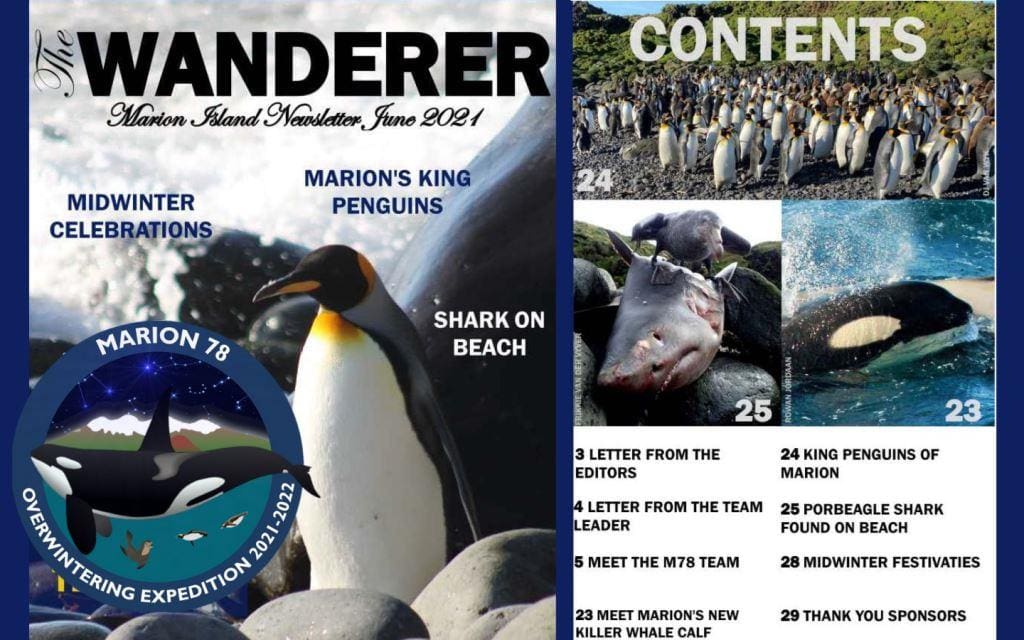


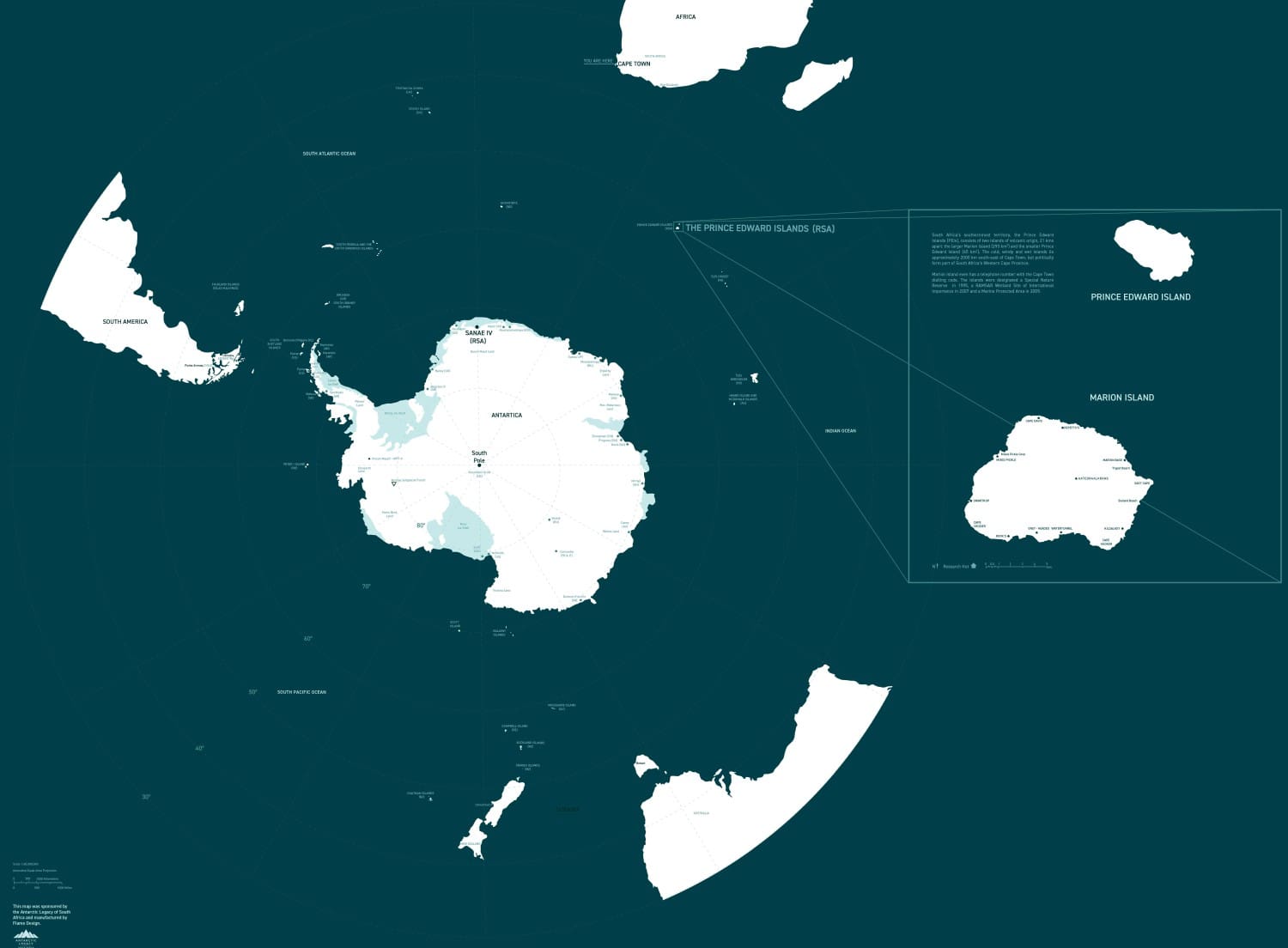 MidWinter greetings to all South Africans involved in the South African National Antarctic Programme. Especially Happy MidWinter to current and past overwintering team members. Our best wishes to all other Antarctic countries. South Africa’s Overwintering Teams send their greetings from down South.
MidWinter greetings to all South Africans involved in the South African National Antarctic Programme. Especially Happy MidWinter to current and past overwintering team members. Our best wishes to all other Antarctic countries. South Africa’s Overwintering Teams send their greetings from down South. SANAE 60 from SANAE IV on ANtarctica
SANAE 60 from SANAE IV on ANtarctica MARION 78 at Marion Island
MARION 78 at Marion Island GOUGH 66 at Gough Island
GOUGH 66 at Gough Island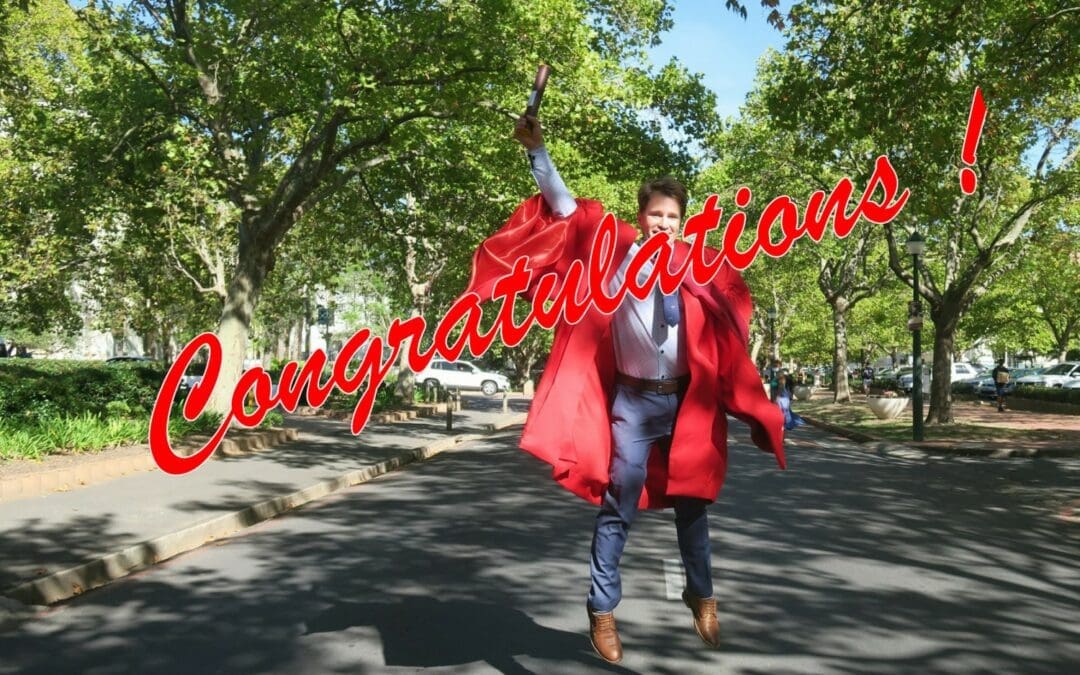
 Today 16 June 2021 on South African Youth Day we congratulate the students within SANAP community that have graduated during the past year.
Today 16 June 2021 on South African Youth Day we congratulate the students within SANAP community that have graduated during the past year.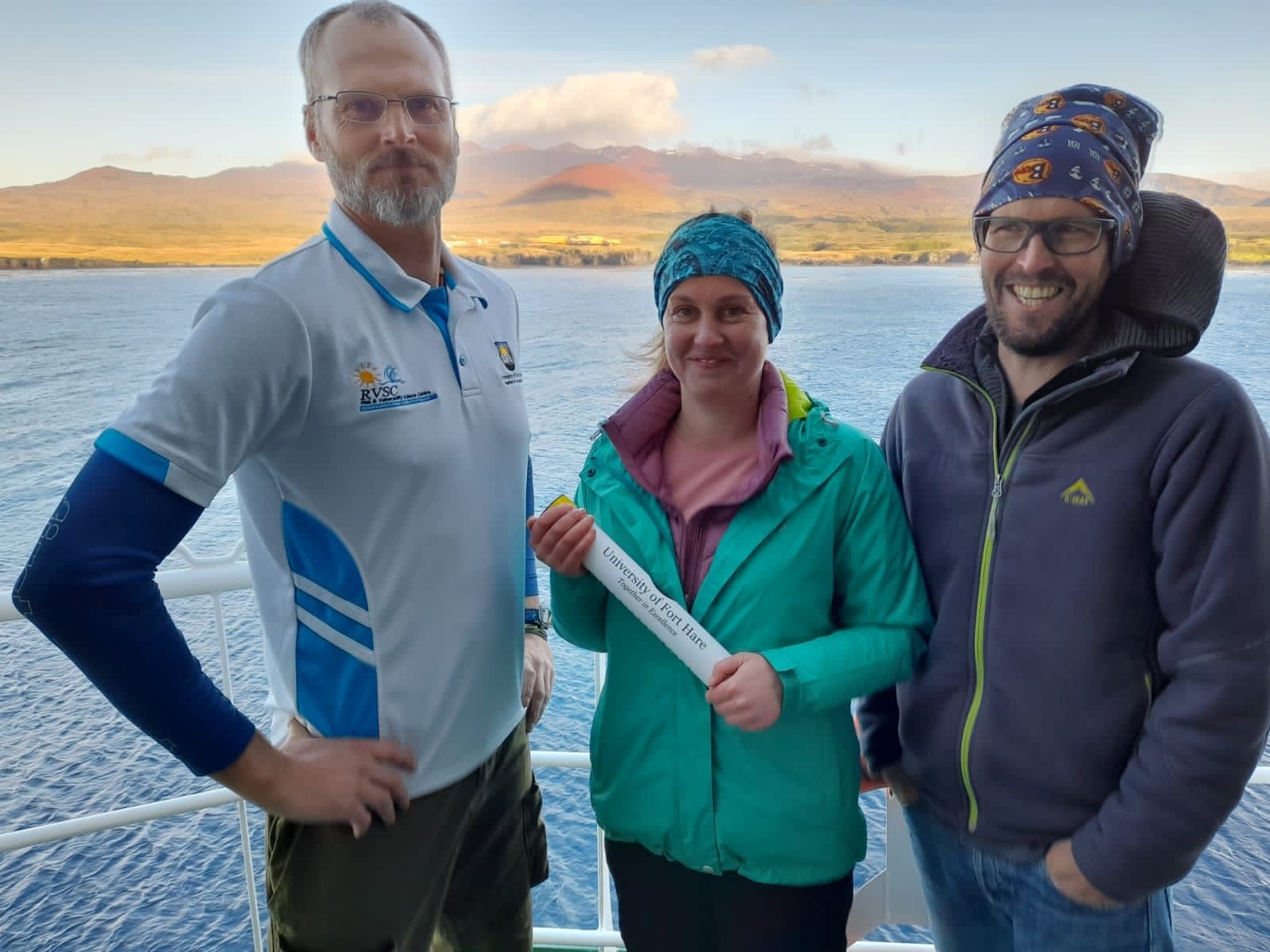
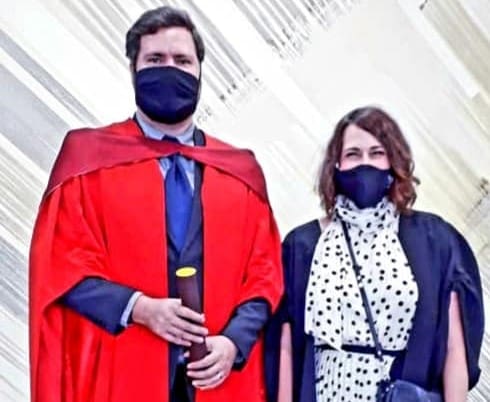 Left: Liezel Rudolph received her PhD certificate (all the way from Fort Hare University) during takeover to Marion Island on the S.A. Agulhas II with supervisors Werner Nel and David Hedding. Right: Brendon Nickerson with his supervisor Annie Bekker at PhD graduation ceremony at Stellenbosch University wearing masks.
Left: Liezel Rudolph received her PhD certificate (all the way from Fort Hare University) during takeover to Marion Island on the S.A. Agulhas II with supervisors Werner Nel and David Hedding. Right: Brendon Nickerson with his supervisor Annie Bekker at PhD graduation ceremony at Stellenbosch University wearing masks.